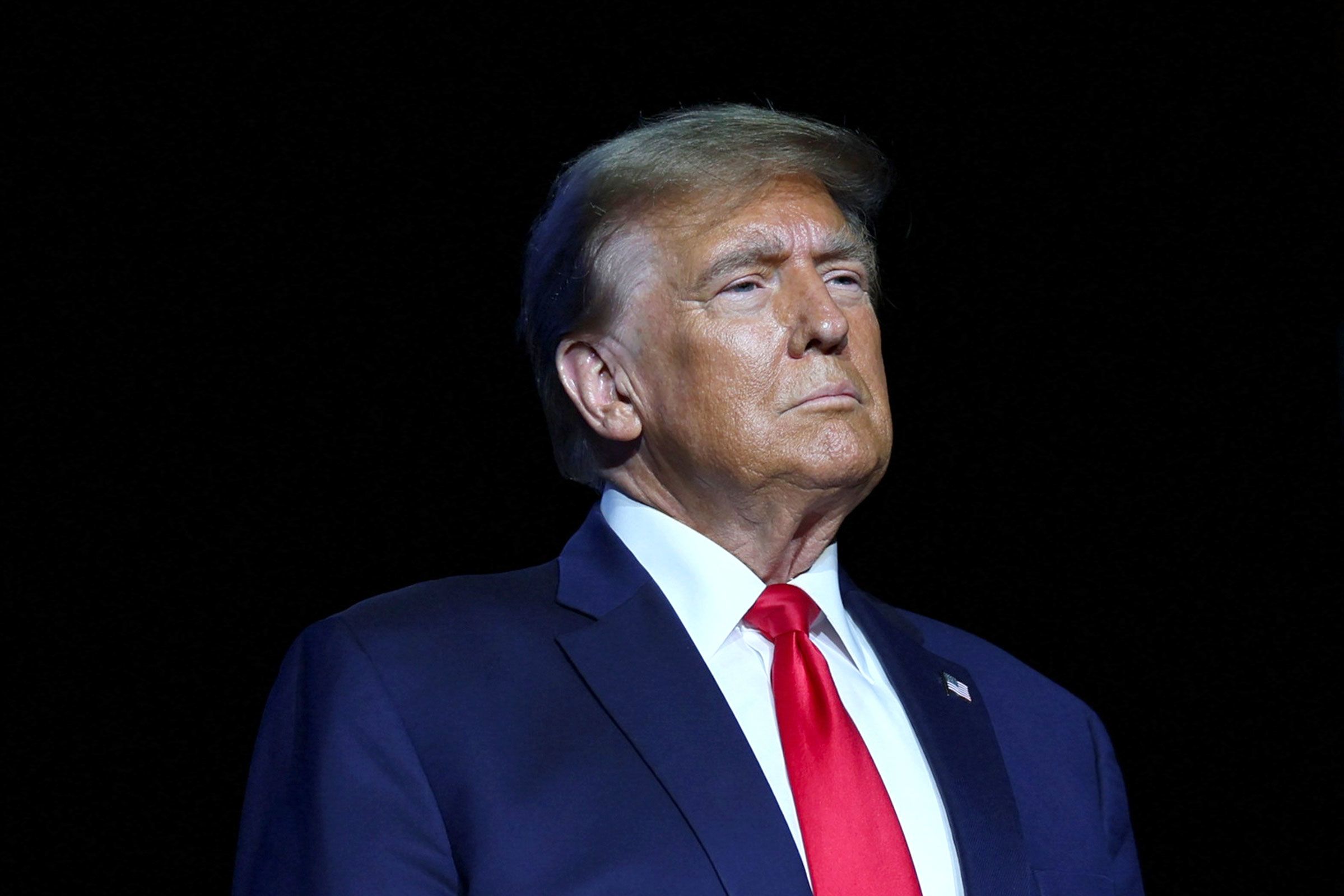In a significant development, the Supreme Court on Wednesday agreed to consider whether former President Donald Trump can claim immunity in the election subversion case led by special counsel Jack Smith. This decision adds another contentious appeal from Trump to the court’s docket and further postpones his federal trial.
The court has fast-tracked the case and scheduled arguments for the week of April 22. This move sets the stage for another crucial encounter between Trump and the Supreme Court, which recently heard arguments in a separate case questioning Trump’s eligibility for a second term under the 14th Amendment’s “insurrection ban.”
Simultaneously, Trump could be facing trial in New York on criminal charges of falsifying business records to cover up hush money payments before the 2016 election. Trump has pleaded not guilty to these charges.
The Supreme Court has ordered that a lower court ruling against Trump be suspended until it reaches a decision. The court, as is customary, released only a brief order and did not disclose how the justices voted. The special counsel’s office declined to comment on the matter.
The decision is a significant victory for Trump for two reasons: It allows him to argue for broad presidential immunity that could potentially undermine the numerous legal challenges he faces. Additionally, it enables him to delay a trial, likely for several weeks at least.
This is the second time the justices have turned down a request from Smith. The special counsel had previously asked the high court to take up the case before the DC Circuit had decided it – a request that was denied.
If the justices had rejected Trump’s emergency request to halt the case, Smith would have been able to proceed more swiftly, almost ensuring a trial before the November election. The court has asked Trump to submit his opening arguments in the case by March 19. Smith’s office has been asked to present their arguments by April 8, and Trump has until April 15 to submit his final written arguments before oral arguments commence.
The court took nearly two weeks to announce its decision, suggesting behind-the-scenes negotiations, according to Steve Vladeck, CNN Supreme Court analyst and professor at the University of Texas School of Law. “The surprise is that it took the court the better part of two weeks to reach this result, from which no justice has publicly dissented,” Vladeck said.
Trump had filed an emergency request at the Supreme Court on February 12 asking the justices to block a lower court ruling that he was not immune from Smith’s election subversion charges. The former president argued immunity was needed to ensure that future presidents are not subjected to criminal charges. Without that guarantee, he said, “the presidency as we know it will cease to exist.”
However, this argument was unanimously rejected in a 57-page opinion from the DC Circuit earlier this month. Trump and Smith filed opposing briefs at the Supreme Court over whether the decision should be put on hold. Smith countered in his own filing on February 14 that Trump wasn’t close to meeting the standard required to pause proceedings.
The high court Wednesday agreed to decide a relatively narrow question, but one with sweeping implications: Whether a former president enjoys immunity from criminal prosecution for acts taken while in office. Trump argued that presidents might be hesitant to act if they were concerned about the prospect of criminal charges after they leave office.
But US Circuit Judges Karen LeCraft Henderson, Florence Pan and J. Michelle Childs rejected those arguments. The judges were clear that the allegations against Trump are serious and left no question they believe the charges can be prosecuted.
During more than two hours of oral argument in the separate ballot case on February 8, most of the justices appeared willing to side with Trump on the question of whether he can run for a second term. Trump’s challengers claim his actions on January 6, 2021, made him ineligible under the 14th Amendment’s “insurrectionist ban.”
Together, the cases have thrust the court into the middle of this year’s presidential election in a way it has largely managed to avoid since its decision in Bush v. Gore effectively decided the 2000 election between former President George W. Bush and former Vice President Al Gore.
Contributors: Hannah Rabinowitz and Devan Cole, CNN. This story has been updated with additional details.

